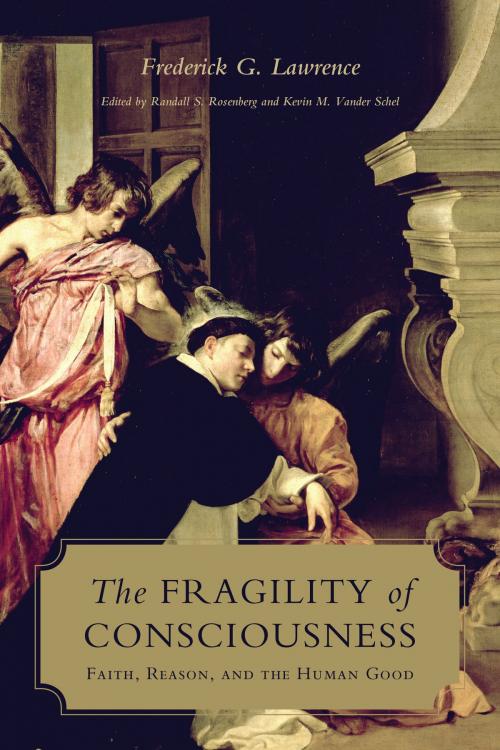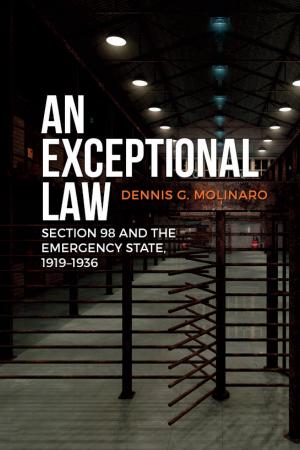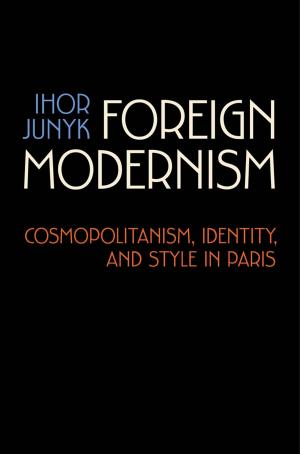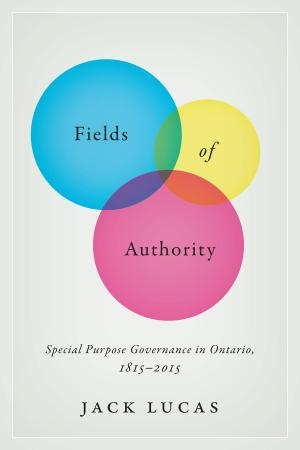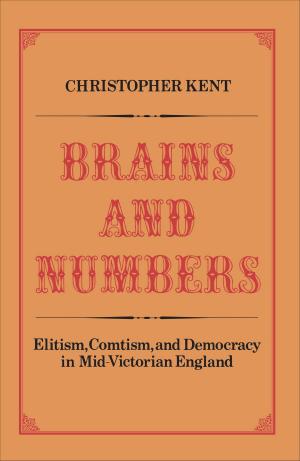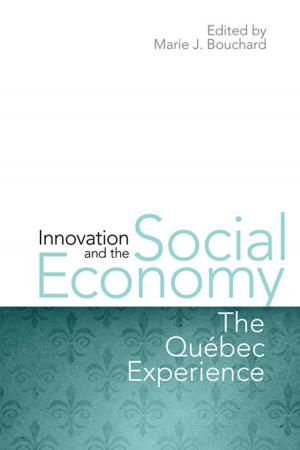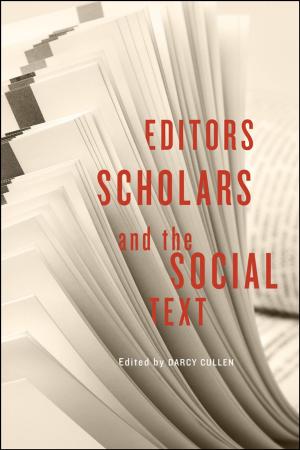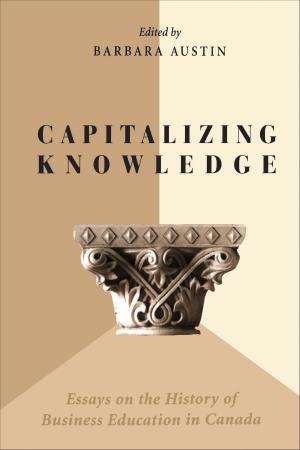The Fragility of Consciousness
Faith, Reason, and the Human Good
Nonfiction, Religion & Spirituality, Philosophy, Religious, Theology| Author: | Frederick Lawrence | ISBN: | 9781487512941 |
| Publisher: | University of Toronto Press, Scholarly Publishing Division | Publication: | January 23, 2017 |
| Imprint: | Language: | English |
| Author: | Frederick Lawrence |
| ISBN: | 9781487512941 |
| Publisher: | University of Toronto Press, Scholarly Publishing Division |
| Publication: | January 23, 2017 |
| Imprint: | |
| Language: | English |
Frederick G. Lawrence is the authoritative interpreter of the work of Bernard Lonergan and an incisive reader of twentieth-century continental philosophy and hermeneutics.
The Fragility of Consciousness is the first published collection of his essays and contains several of his best known writings as well as unpublished work. The essays in this volume exhibit a long interdisciplinary engagement with the relationship between faith and reason in the context of the crisis of culture that has marked twentieth- and twenty-first century thought and practice. Frederick G. Lawrence, with his profound and generous commitment to the intellectual life of the church, has produced a body of work that engages with Heidegger, Gadamer, Habermas, Ricoeur, Strauss, Voegelin, and Benedict XVI among others. These essays also explore various themes such as the role of religion in a secular age, political theology, economics, neo-Thomism, Christology, and much more. In an age marked by social, cultural, political, and ecclesial fragmentation, Lawrence models a more generous way – one that prioritizes friendship, conversation, and understanding above all else.
Frederick G. Lawrence is the authoritative interpreter of the work of Bernard Lonergan and an incisive reader of twentieth-century continental philosophy and hermeneutics.
The Fragility of Consciousness is the first published collection of his essays and contains several of his best known writings as well as unpublished work. The essays in this volume exhibit a long interdisciplinary engagement with the relationship between faith and reason in the context of the crisis of culture that has marked twentieth- and twenty-first century thought and practice. Frederick G. Lawrence, with his profound and generous commitment to the intellectual life of the church, has produced a body of work that engages with Heidegger, Gadamer, Habermas, Ricoeur, Strauss, Voegelin, and Benedict XVI among others. These essays also explore various themes such as the role of religion in a secular age, political theology, economics, neo-Thomism, Christology, and much more. In an age marked by social, cultural, political, and ecclesial fragmentation, Lawrence models a more generous way – one that prioritizes friendship, conversation, and understanding above all else.
